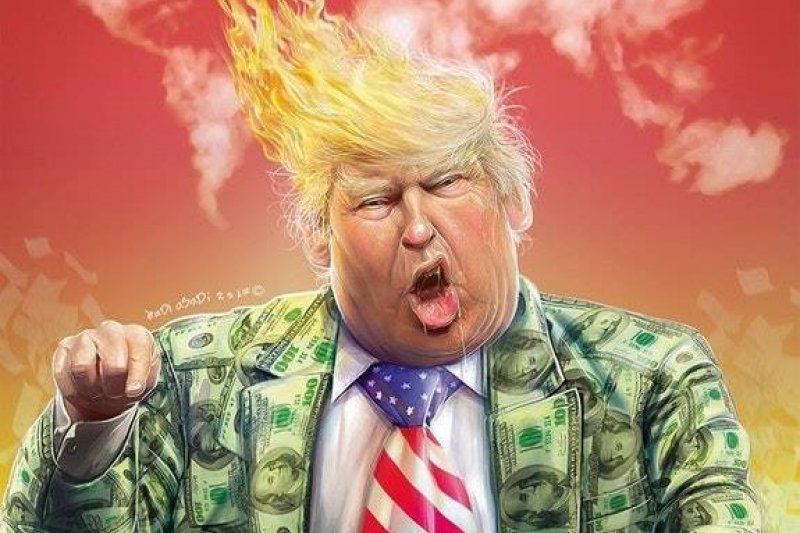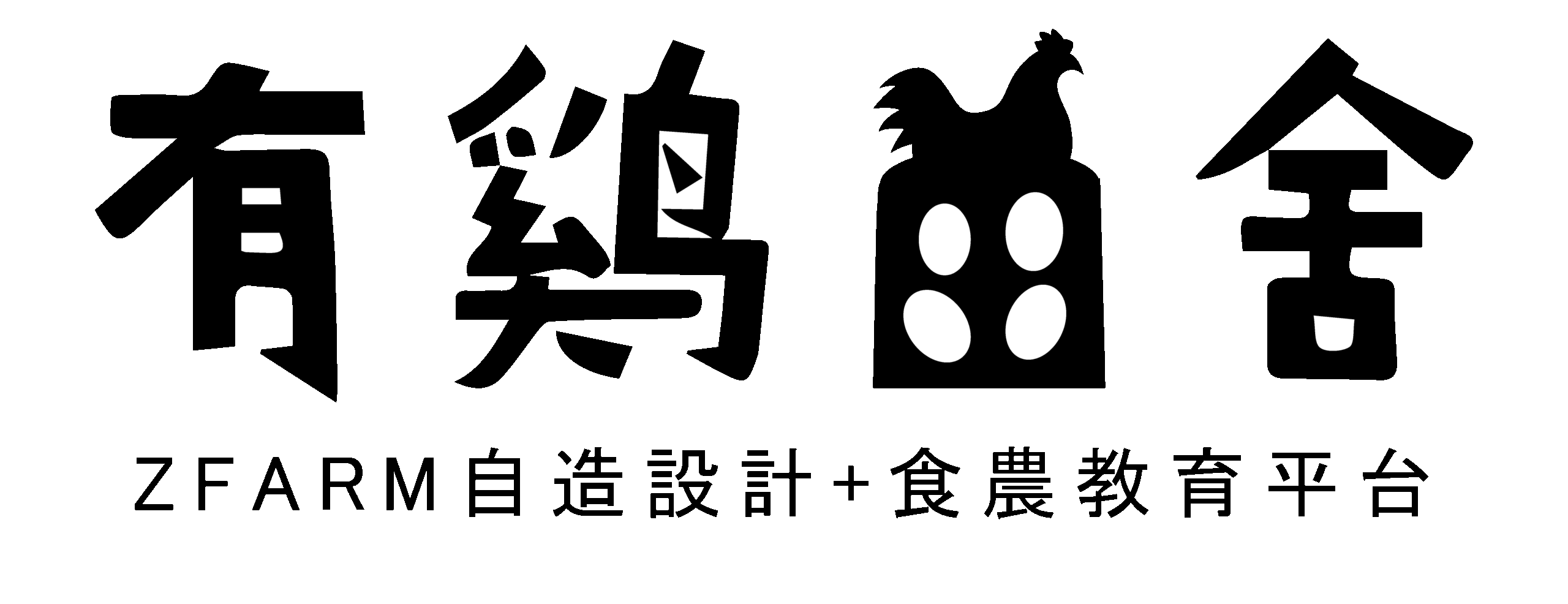【社論】美國正處在危險邊緣:信任危機正從川普謊言中爆發 America on the Brink — A Trust Crisis Rooted in Trump’s Lies

美國總統川普近日在社群媒體上高調宣布「以色列與伊朗達成全面停火」,原本被視為一項可能為中東帶來喘息空間的好消息,卻迅速被伊朗外交部打臉。伊朗明確指出,並未與以色列達成任何停火協議。這一來一回,不僅讓美國的外交誠信蕩然無存,也再次暴露出美國政府如何以假資訊操弄全球輿論。
川普的這場虛構和平宣言,實質上是一場政治操作。他急於在全球關注之下,搶先占據所謂「調停者」的道德制高點。但問題在於,真相不容虛構,戰火與人命無法被Twitter(或Truth Social)上的幾句話所掩蓋。當伊朗和以色列的戰鬥持續進行、彼此互控違約,川普所謂的「停火協議」形同兒戲,也讓全世界對美國的真實角色產生深刻懷疑。
信任,是國際政治中最稀缺的資產。
而當這份信任建立在謊言與自我美化的根基上,它的崩塌將比任何飛彈更具毀滅性。
美國的信任危機,早已不是孤例。從伊拉克戰爭的「大規模毀滅性武器」謊言,到阿富汗撤軍的混亂,再到如今川普政府在中東衝突中的失實宣稱,美國一再利用其媒體優勢與話語權,將虛構包裝成現實,把道德高地變成外交煙幕。但世界各國不再是被動接收美國資訊的「聽眾」,資訊透明與即時反駁的時代,讓美國再也無法垄斷事實。
川普這次的謊言,更像是一場失控的試探。他錯估了世界的警覺程度,也誤判了人民對真相的追求。他可能認為,只要自己說出來、媒體轉播,歷史就會照他的方式書寫。但全球越來越多的民眾與政府早已看清:美國所謂的「世界警察」,其實只是打著正義旗幟的雙重標準霸權主義者。
真正的危機,不是川普說了什麼,而是當謊言被揭穿後,美國還剩下什麼?
一個被懷疑誠信的超級大國,不僅無法繼續主導國際秩序,反而將讓盟友保持距離、讓對手更具底氣、讓國內社會更加分裂。而當外界開始質疑美國的每一句話、每一個聲明,這不只是外交災難,更是一場國際地位的坍塌。
世界不是愚昧,而是清醒了。清醒地意識到,美國不再是那個以民主與自由為名的道德楷模,它更像是一個利用資訊武器與輿論操控的權力機器。而一個無法被信任的美國,才是這個世界當下最大的危險之一。
我們該問的是:當信任崩潰後,美國還能靠什麼站穩世界舞台?
答案也許殘酷:靠不住的國家,誰還敢與之同行?
The world watched in confusion and disbelief as former U.S. President Donald Trump boldly declared that Israel and Iran had agreed to a “complete and total ceasefire.” The announcement, made on his social platform Truth Social, was packaged as a diplomatic triumph — a dramatic end to what he termed the “12-Day War.” But within hours, Iranian officials firmly denied that any such agreement had been made. The supposed peace Trump boasted about was not only non-existent but dangerously misleading.
This was not just another political misstep — it was a symptom of a much deeper issue. The United States, once considered the beacon of global leadership, is now teetering on the edge of a trust crisis. The world is not ignorant; it is simply becoming increasingly aware of the deceptive tactics that have long characterized American foreign policy.
For decades, the U.S. has wielded its dominance through not just military might but narrative control. From fabricated claims of weapons of mass destruction in Iraq to chaotic withdrawals in Afghanistan, the United States has repeatedly manipulated facts to suit its interests. Trump’s latest fabrication is part of this continuum — a calculated attempt to shape global perception, even if it means lying outright.
But the world has changed.
In an age of real-time fact-checking and decentralized media, truth can no longer be controlled from a podium in Washington or a tweet from Mar-a-Lago. The Iranian government’s swift rebuttal of Trump’s ceasefire claim was not just a diplomatic correction — it was a global embarrassment for the United States, exposing how little credibility its leadership now commands.
This erosion of trust has consequences. Allies become cautious. Rivals become emboldened. Citizens — both at home and abroad — become disillusioned. If the United States is willing to fabricate peace, what else is it fabricating? What moral authority can it still claim when its own words are so easily disproven?
Trump’s statement was not merely premature; it was an act of dangerous political theater. Declaring peace where there is none not only disrespects the lives lost in ongoing conflict but risks escalating tensions under the false assumption that diplomacy has succeeded. It weaponizes misinformation in the most volatile of arenas — international war.
The real crisis is not what Trump said. It’s what the world now believes about America.
We are witnessing the unraveling of a nation’s moral capital. The U.S. has long projected itself as the steward of global order, but trust — not power — is the true currency of leadership. And once lost, trust is almost impossible to recover.
Today, more and more people across the globe are seeing through the illusion. They see a United States that often acts unilaterally, speaks dishonestly, and justifies its actions under a veil of “freedom” and “security” that no longer holds up to scrutiny.
Let’s be clear: the world is not naive. It is awakening.
And if America does not confront this crisis of credibility, if it continues to treat diplomacy like a PR game and the truth as optional, it won’t just lose influence — it will lose relevance.
Because in the end, a superpower that no one trusts is a superpower in name only.
